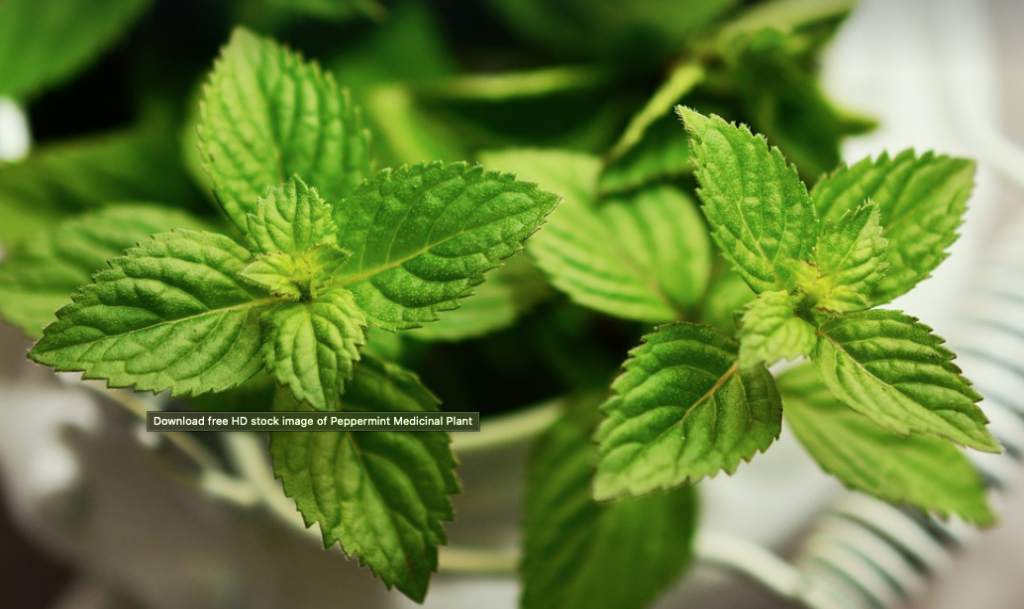
Although some individuals have explored the use of Vicks Vaporub for Peyronie’s disease, its efficacy remains unproven, and consultation with a healthcare provider is advisable before considering Vicks Vaporub as a potential treatment.
What is Vicks Vaporub & How Does it Work?
Vicks Vaporub is a widely recognized topical ointment containing camphor, menthol, and eucalyptus oil.
Traditionally, it has been primarily employed to alleviate symptoms associated with coughs and colds, offering relief from congestion and nasal discomfort.
Interestingly, some individuals have explored its unconventional use as a potential alternative treatment for Peyronie’s disease, a condition characterized by penile curvature due to fibrous plaques.
While the precise mechanism by which Vicks Vaporub may impact Peyronie’s disease remains somewhat enigmatic, it is thought to possess properties that could have a soothing effect on inflamed tissues and potentially enhance blood flow in the affected area.
In addition to its established use for respiratory ailments and its purported application in Peyronie’s disease, Vicks Vaporub has found its way into various other unconventional uses.

Some have tested it as a natural insect repellent, while others have applied it to their feet to potentially alleviate sore muscles and joints.
However, it is crucial to underscore that these alternative applications of Vicks Vaporub lack scientific validation and should be approached cautiously.
The Science Behind Vicks Vaporub For Peyronie’s Disease:
Scientific research on the utilization of Vicks Vaporub for Peyronie’s disease is notably scarce, and the data available is limited in scope.
An intriguing study, published in 2017, explored the feasibility of combining topical verapamil (a medication used in Peyronie’s treatment) with Vicks Vaporub.
The results of this study demonstrated that the combination therapy led to a significant improvement in pain levels and plaque size in comparison to using verapamil alone or a placebo, shedding some light on the potential efficacy of Vicks Vaporub in this context.
Moreover, a separate study, conducted in 2020, delved into the effects of menthol, a key active ingredient in Vicks Vaporub, on fibroblast cells.
These cells play a pivotal role in collagen production, a central element in the pathophysiology of Peyronie’s disease.
The study revealed that menthol possesses anti-inflammatory properties, potentially aiding in the reduction of inflammation in the context of Peyronie’s disease.
Despite the limited scientific exploration, anecdotal reports suggest that individuals afflicted with Peyronie’s disease have turned to Vicks Vaporub as a home remedy to alleviate pain.
The menthol component in Vicks Vaporub delivers a cooling sensation, which may offer comfort in the affected area.
It is essential to acknowledge, however, that employing Vicks Vaporub as a Peyronie’s disease treatment has not received approval from the FDA (U.S. Food and Drug Administration) and should be discussed with a qualified healthcare provider.
Furthermore, it is imperative to emphasize that Vicks Vaporub should not be directly applied to the penis.
Instead, it is recommended for application to the lower abdomen or thighs, with the inhalation of vapors potentially providing benefits.

